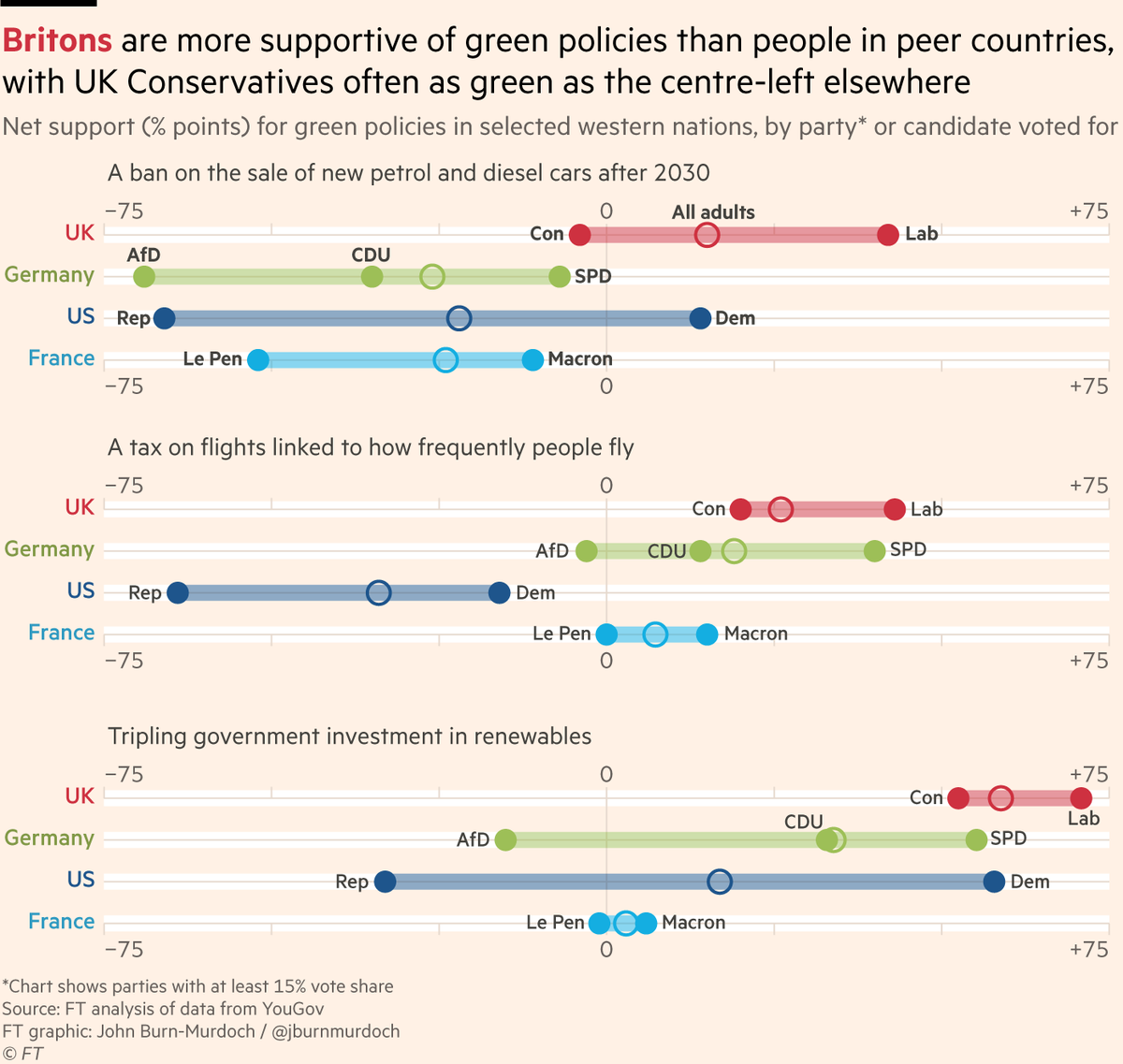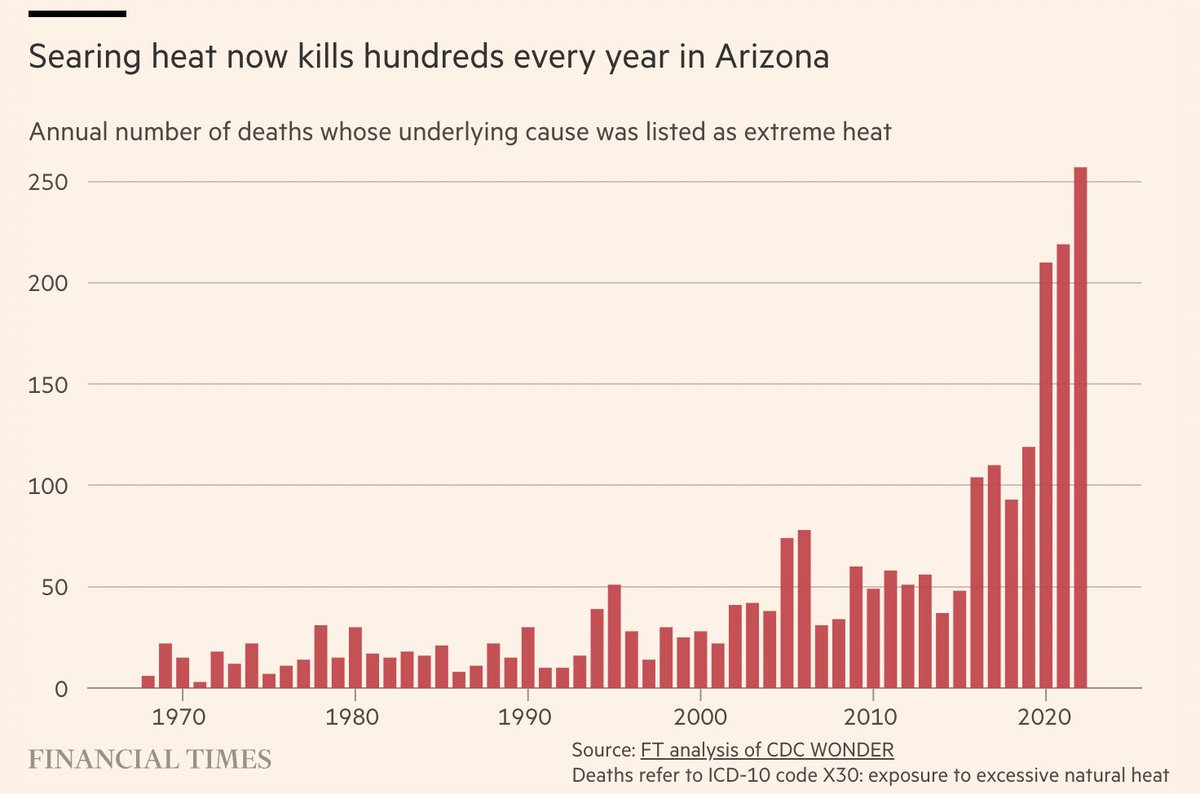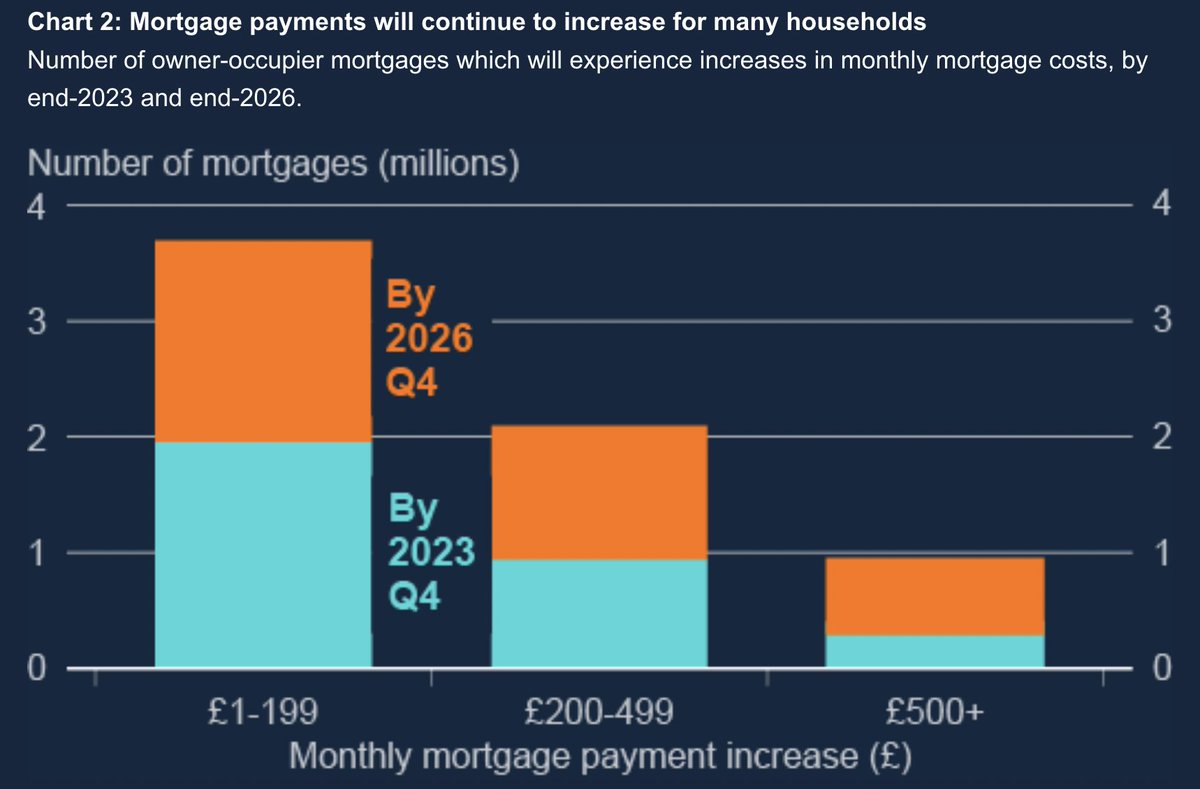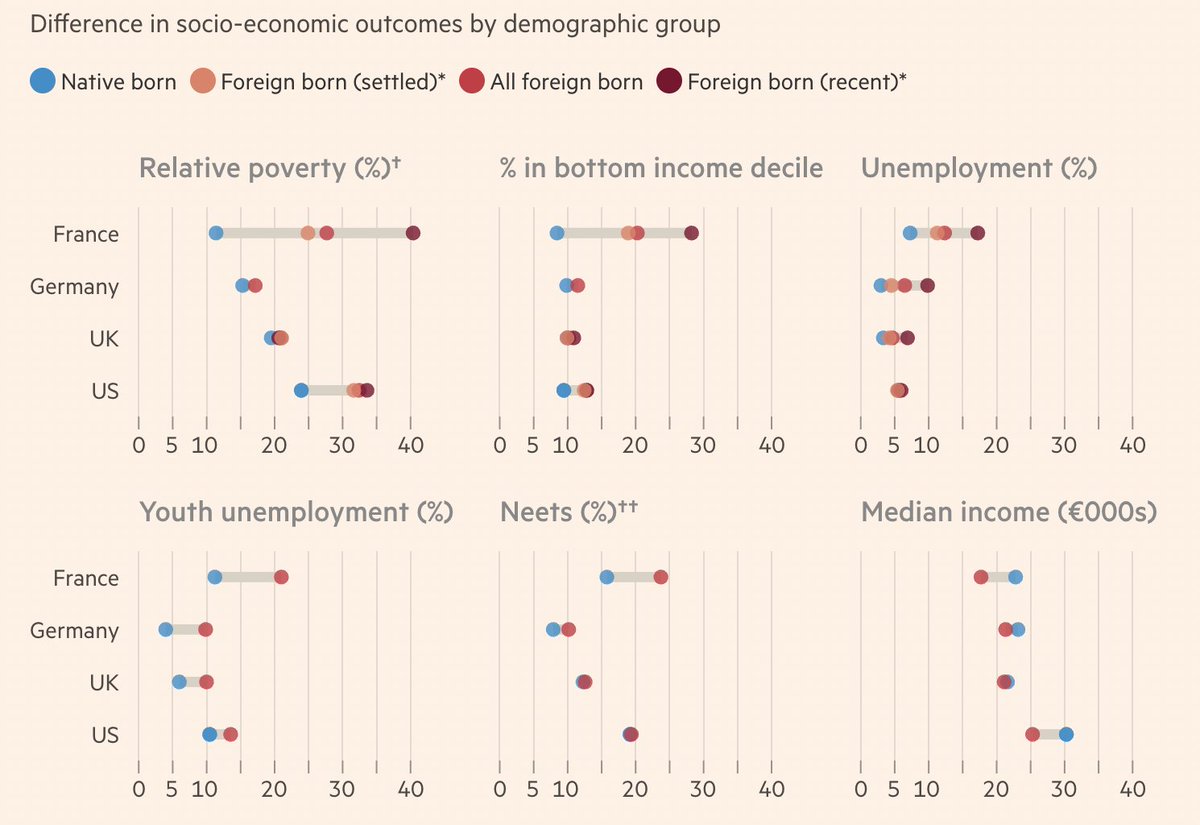🤔 in the richest part of the country, as people continue to grow more prosperous they are using cars less, and using public transport more https://t.co/Cq2Gjri9I8

https://twitter.com/DavidGHFrost/status/1686302754312949760

Though one thing that the anti-car brigade does need to acknowledge is that the public transport infrastructure has to be there for people to switch to it.
Outside of London, for the most part, it is not.
Schemes that aim to reduce car use have to offer genuine alternatives.
Outside of London, for the most part, it is not.
Schemes that aim to reduce car use have to offer genuine alternatives.
It’s easy for Londoners to say "we don’t drive, why does everyone else?", but London has one of the best public transport networks in the world.
Most other cities & towns in the UK have little to no rapid transit, and their bus services have been hammered
Most other cities & towns in the UK have little to no rapid transit, and their bus services have been hammered
https://twitter.com/JenWilliams_FT/status/1519199922549149698
There are many good reasons Britain should be investing far more in public transport outside of London — increasing productivity and unlocking economic growth probably being the biggest — but providing drivers with an off-ramp is another.
Going back for a moment to the statement that when people get richer they want cars because they bring freedom: this is true, but only up to a point.
It’s true that as countries go from poor to upper-middle income, car ownership & driving increase.
Cars are super convenient! And public transport is often lacking in quantity or quality in poorer areas.
But as places grow increasingly rich, car use often plateaus or even falls
Cars are super convenient! And public transport is often lacking in quantity or quality in poorer areas.
But as places grow increasingly rich, car use often plateaus or even falls
As it happens, we see the same inverted-U-shaped curve with carbon emissions.
As countries grow from poor to middle income, economic output gets more carbon-intensive (more industry & fossil fuels), but then as they grow richer, they get cleaner (more services, more renewables)
As countries grow from poor to middle income, economic output gets more carbon-intensive (more industry & fossil fuels), but then as they grow richer, they get cleaner (more services, more renewables)

And as you can see from the left-hand chart, the good news is that with each new wave of countries achieving economic development, their dirty growth peak is cleaner than the last.
The third wave of countries (blue) peaked at half the carbon intensity of the first wave (red).
The third wave of countries (blue) peaked at half the carbon intensity of the first wave (red).
Both are good examples of how:
• Something can be uncontroversially true up to a point but then reverse
• Going from poor to upper-middle is often about necessity, but prosperity brings choice
• Something can be uncontroversially true up to a point but then reverse
• Going from poor to upper-middle is often about necessity, but prosperity brings choice
@samoverend42 And I think partly a younger generation growing up with good public transport and so not "graduating into driving" like previous generations would have done.
@ALAKA1991 A large portion of journeys in London are faster by public transport than by car, and lower stress, plus you have the certainty of journey duration / arrival time. 

@ALAKA1991 I think the fact that car ownership is declining in London (both inner and outer London) is also a good indicator of revealed preference.
But again, all of this is only true where everything aligns: dense city, bad traffic congestion, excellent public transport network.
But again, all of this is only true where everything aligns: dense city, bad traffic congestion, excellent public transport network.
• • •
Missing some Tweet in this thread? You can try to
force a refresh

 Read on Twitter
Read on Twitter


















